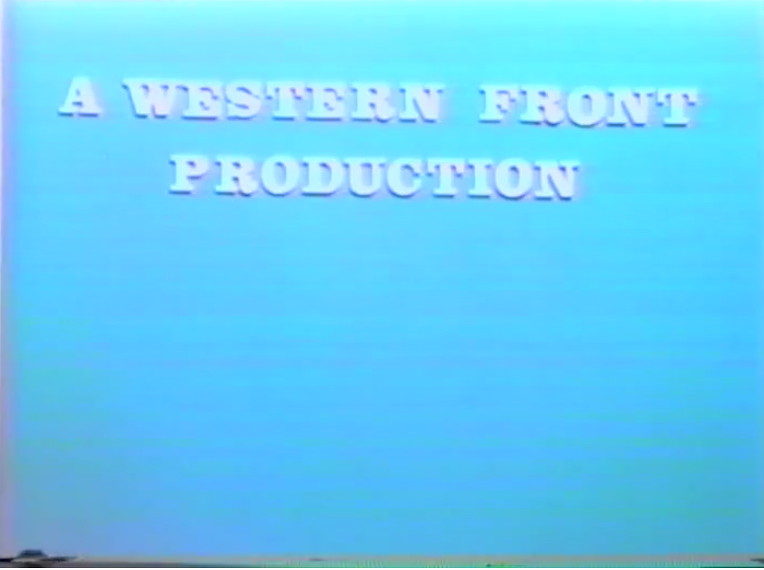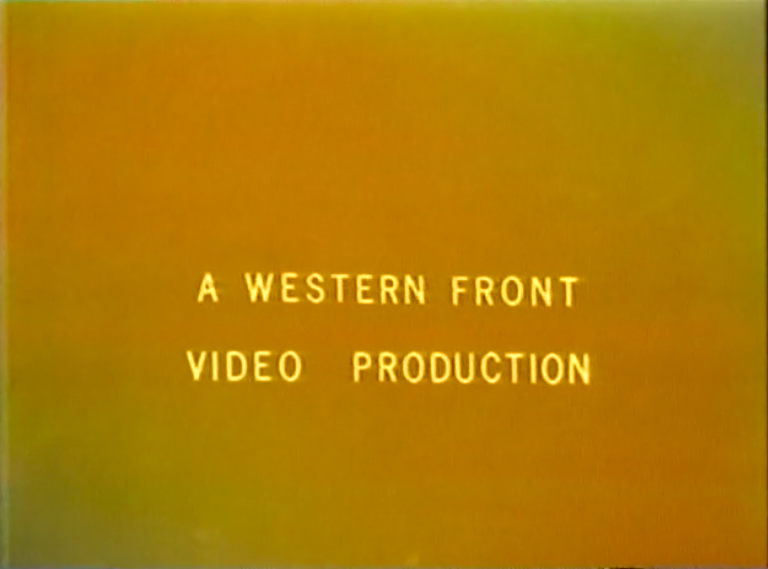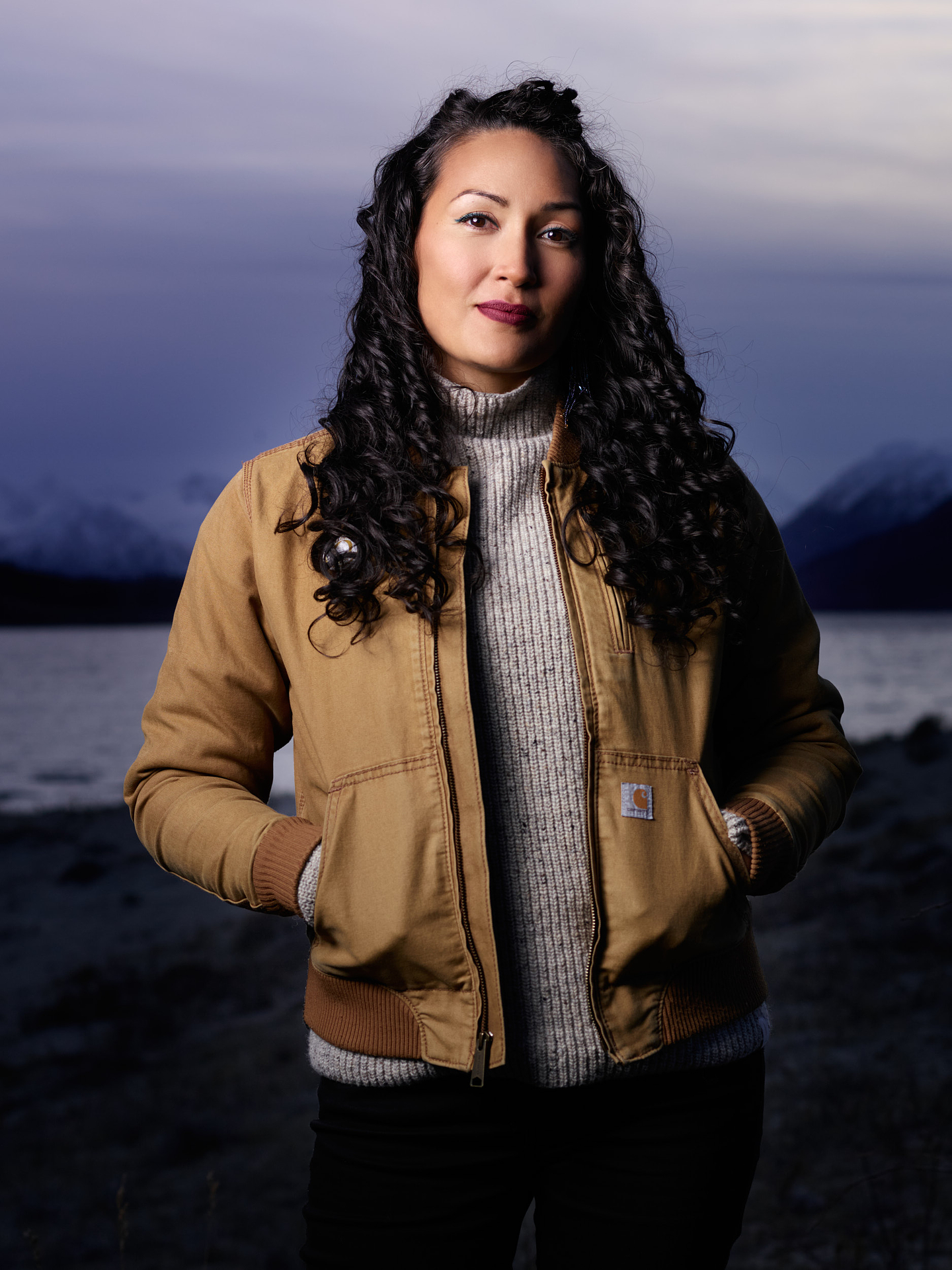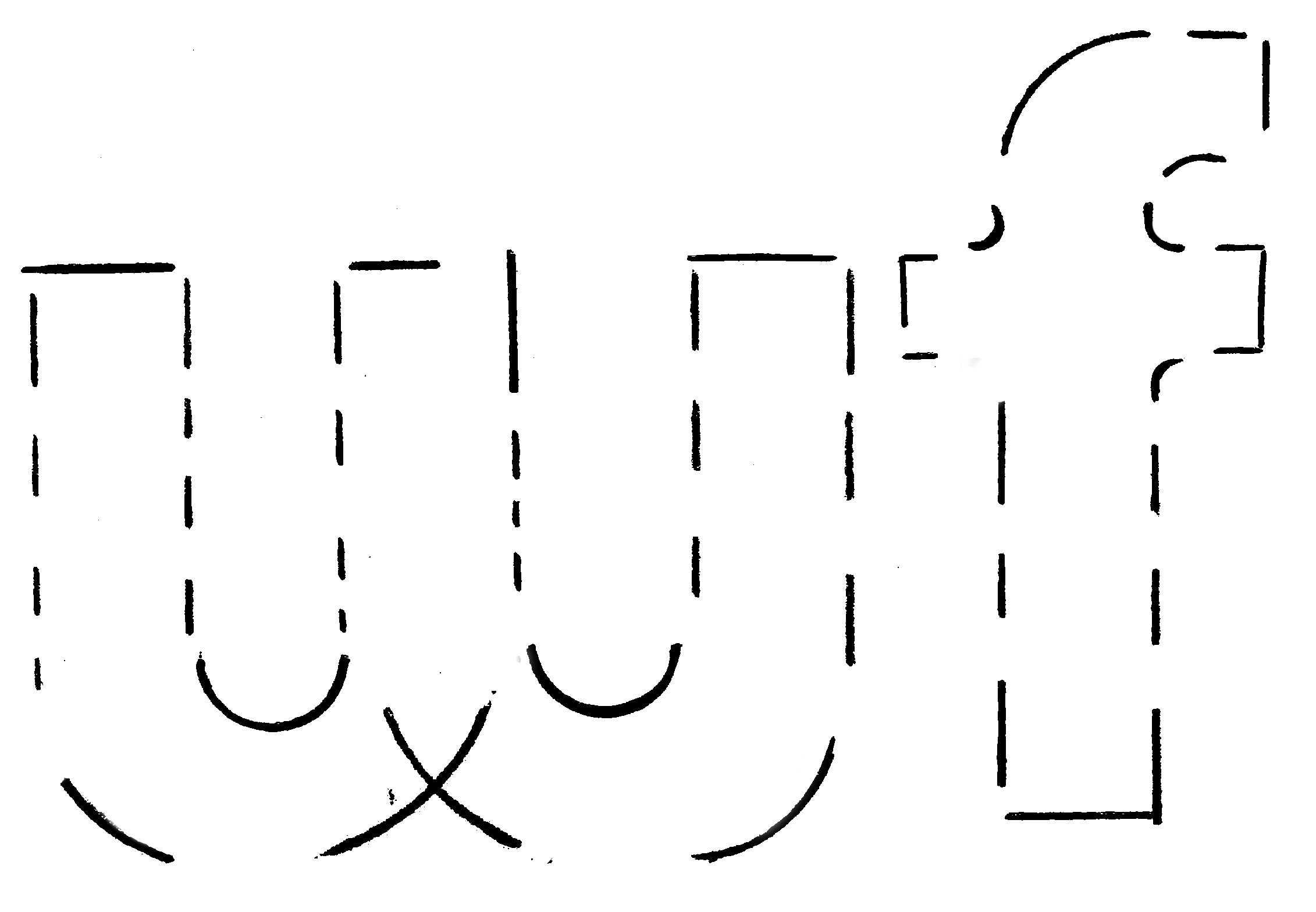Artists-in-Residence
Western Front’s artists-in-residence program was initiated in 1977 by artist and Western Front co-founder Kate Craig. It remains the heart of our programming today.
This curated program provides invited Canadian and international artists to pursue new developments in their practices and to produce new work. It focuses on artists working across music, media, time-based visual art, performance, and literature. While in residence, artists are supported with a fee, production budget, and curatorial and technical expertise, and are hosted on-site at Western Front or off-site on location, as required. The number of residencies and their structure and duration are tailored to each individual artist and project.
Many projects produced through our artists-in-residence program are done so in collaboration with partner institutions in Canada and internationally. We also offer audiences opportunities to engage with residents and their work at various stages of a project’s development and presentation.

Western Front production still from Steve Paxton and Paul Wong, Asteroid (1987)

Western Front production still from Dalibor Martinis, Dalibor Martinis Talks to Dalibor Martinis (1978)
Current/Upcoming Residencies
Siku Allooloo
Sep 17, 2022 — Oct 31, 2026

Portrait of Siku Allooloo.
While in residence, Siku Allooloo will work on the development of a feature-length documentary in honour of her mother, historic Indigenous women’s activism, and Taíno resurgence.
About the Artist
Siku Allooloo is an Inuk/Haitian/Taíno filmmaker, interdisciplinary artist, poet, and community builder. She comes from Denendeh, Northwest Territories, by way of Haïti through her mother and Mittimatalik, Nunavut, through her father. Allooloo often reimagines conventional forms as imbued by her cultural traditions, oral history, and land-based practice. She resides in the unceded homeland of K’ómoks First Nation.
